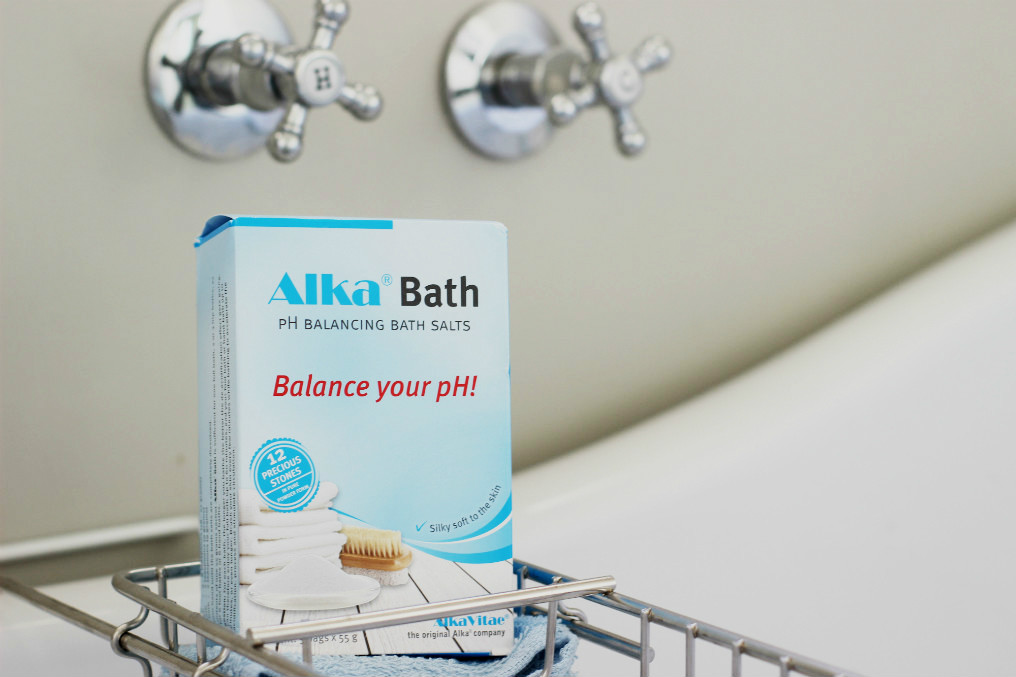You could be forgiven for thinking that the digestive tract where your gut resides and the immune system, do not influence each other. But over the last decade, there has been a lot of research showing that the health of your gut can affect the correct functioning of your immune system.
How the Gut and Immune System Influence Each Other
Your gut is home to 100 trillion bacteria, with a mix of good and bad living here at any one time. Collectively all these organisms living here are known as the microbiome.1 When there is an overriding amount of ‘good’ gut bugs, these help keep the bad in check by crowding them out. However, changes to these gut microbial communities can cause immune dysregulation, which if not rectified, can even go on to cause autoimmune disease.2
An incredibly important discovery was that gut microbes can affect the local intestinal immune system (which is where the gut houses 70% of the immune system) and also has a
profound influence on the systemic immune response (which is the body’s main response to trauma and invading pathogens). So it is fair to say that gut microbes shape innate and adaptive immunity to help the immune system function optimally.3
The microbiome is implicated in almost every chronic condition, including autoimmune conditions, and so an imbalance here may drive inflammatory conditions such as diabetes, obesity, endocrine diseases and inflammatory bowel disease.4 What makes this research groundbreaking is because now we know the connection between gut health and the immune system, we can home in on and better support the gut which by default, helps to optimise the immune system.
Symptoms of Unbalanced Gut Bacteria
There are some possible telltale signs and symptoms that could mean your gut bacteria are out of balance. These can include the following, but is not limited to:
● Having a regular upset stomach – Experiencing gas, bloating, heartburn, diarrhoea and constipation regularly can all be signs your gut is struggling to digest food, which can be from a lack of diverse strains of healthy gut bacteria.
● Eating a diet high in sugar – Eating a diet high in processed food and sugar can decrease levels of good bacteria in your gut.
● Feeling constantly fatigued – Unbalanced gut bacteria (more bad than good) can contribute to poor sleep leading to feeling tired the next day.
● Food intolerances (note this is different from an allergy) – Food allergy is where the immune system reacts to a specific food, whereas food intolerance on the other hand, is where the body is struggling to digest food correctly.
● Skin sensitivities – Skin conditions such as eczema can develop due to a damaged
gut.5
● Autoimmune conditions – There is lots of research currently being published finding strong connections over and over again between unbalanced gut bacteria and autoimmune condition development.
If you have any concerns about symptoms you are experiencing, it is always good to speak to a healthcare provider so you can take the necessary steps to resolve any issues within your gut. As long-term gut issues can affect whole-body health, including a person’s mental health via the gut-brain axis.
How Probiotics and Dietary Changes Can Help Support The Immune System
Good bacteria in our gut is simply known as naturally produced good gut bacteria, whereas when we look to supplement with external sources of good bacteria, these are then termed ‘probiotics’.
You can obtain probiotics from whole food sources and in supplement form.
Whole food sources rich in probiotics include:
● Yoghurt
● Sauerkraut (unpasteurised types only)
● Miso soup
● Sourdough bread
● Sour pickles
● Kefir
● Soft cheese types such as Gouda
Probiotic supplements can come in capsule form and tablet form which are both swallowed with water and also in a powdered sachet form which are mixed with water.
There is also benefit from including more plant-based whole foods high in fermentable fibre such as chicory root, dandelion greens, garlic, onions, leeks and bananas as these are all prebiotics which is basically the preferred food source for the good bacteria living in your gut which can help them grow in numbers.
Including more probiotics and prebiotics in your diet, whether just in whole food form or with supplements alongside, is a scientifically backed proactive approach to improving gut health which also supports the immune system.
How to Find the Best Probiotic to Support Your Gut & Immune System
Not all supplements are created equally, and it is the same when looking for a good quality probiotic supplement. So when looking for a probiotic and assessing if it is worth your money, be sure that it ticks the following criteria:
● Made to withstand stomach acid, ensuring they actually get to where they are needed in the gut, and that the strains are not destroyed by stomach acid.
● Includes several different types also known as a ‘multistrain’ probiotic, as the gut relies on many different types of good bacteria to thrive. The following are important strains that have been well researched in human gut health: Lactobacillus, Bifidobacterium or Saccharomyces boulardii.6
● When it comes to the amounts of each strain contained, be sure to choose doses of
at least 1 billion colony forming units per strain.
There are many different strains of probiotics out there, some being more beneficial than others to a specific health complaint, so always be sure to match strains of probiotics in supplements with research that proves each strain contained to be of benefit to your particular complaint to maximise the benefits.
Whilst probiotics are considered a safe supplement, it is always best to speak to your healthcare provider before taking them, especially if you have an autoimmune condition. You also may not need to supplement with probiotics if you are regularly eating a diet rich in whole foods grown organically and low in processed and sugar-laden foods.
References:
- https://www.health.harvard.edu/staying-healthy/can-gut-bacteria-improve-your-health
- https://www.ncbi.nlm.nih.gov/pmc/articles/PMC3337124/
- https://www.ncbi.nlm.nih.gov/pmc/articles/PMC3337124/
- https://www.ifm.org/news-insights/ai-immunology-microbiome-therapeutic-probiotics/
- https://www.healthline.com/health/gut-health#signs-and-symptoms
- https://health.clevelandclinic.org/how-to-pick-the-best-probiotic-for-you/



